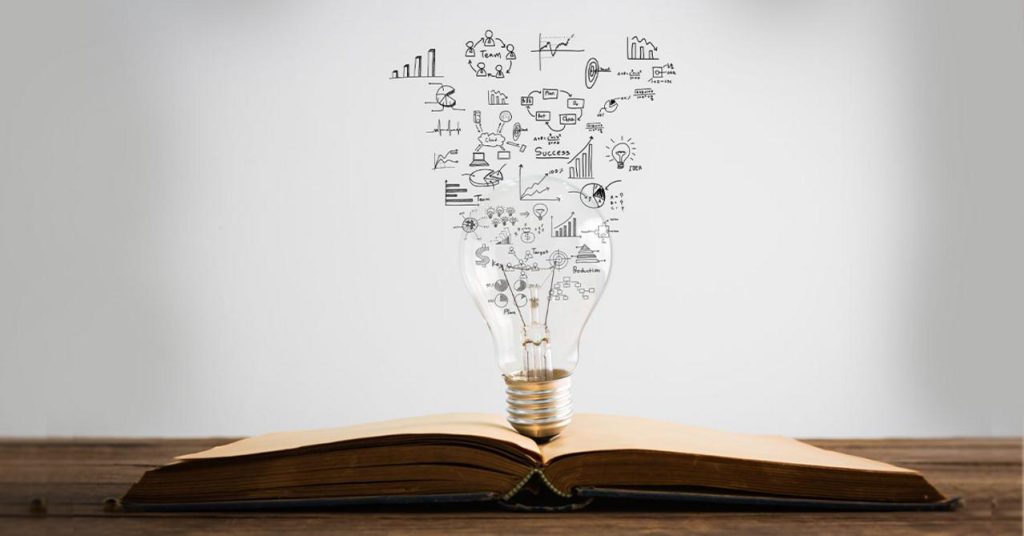JAKARTA, studyinca.ac.id – Knowledge as Power: Exploring the Impact of Information on Society isn’t just some fancy headline. It’s basically the motto of my life. I’ve seen, firsthand, how knowing something others don’t—no matter how small—can totally flip a situation on its head or save your butt in ways you wouldn’t expect. Not gonna lie, I’ve learned this the hard way, and sometimes in pretty embarrassing ways!
Why Knowledge as Power: Exploring the Impact of Information on Society Actually Matters

Let me spill a bit—I used to scoff at those people who’d say, “Stay informed, it’ll change your life.” I thought they were just being dramatic. But, wow, turns out there’s a reason people go out of their way to stay updated. You know how they say, “the more you know, the farther you’ll go”? It’s legit.
One time, during a group project in uni, I was the only one who’d read up on a recent change in the grading system. I brought it up, and suddenly, the whole team changed strategy. We went from floundering to basically acing the project. If I hadn’t had that info, we’d have bombed. That’s when it hit me: Knowledge really is power.
The Ripple Effect: How Information Shapes Society
Here’s something to chew on. When people in a community get access to real, reliable info—say, about public health or new technology—they make better choices. During the pandemic, for example, friends who actually read legit news sources handled the chaos better than those lost in rumors. That gap in knowledge? It created serious differences in how safe (or not) everyone was.
Let’s bring in some numbers: According to a 2021 Pew Research study, 68% of people who checked factual info regularly made smarter health decisions than those who didn’t. That’s not just a random stat. I saw it for real. Back home, my aunt shared official guidelines with her neighbors, and their whole block was way less stressed.
Common Mistakes: When Misinformation Gets the Best of Us
Raise your hand if you ever shared something online only to realize, oops, it was fake news. Guilty! I once recommended this “miracle” skin product because I saw some wild claims on social. My cousin broke out in hives. Lesson learned—always dig deeper and check sources before trusting or spreading anything.
Another biggie: analysis paralysis. Too much info can freeze you up. I used to read a hundred articles before making any decision, from which phone to buy to what coffee beans to try. Now? I have a personal rule: validate info from three solid sources, then just trust my gut.
Knowledge as Power: Exploring the Impact of Information on Society for Your Personal Growth
So here’s my two cents. If you want to use knowledge for your own boost—and to help others around you—here’s what works for me:
- Set up info alerts. I use Google Alerts for really important topics (pro tip: keep alerts targeted so your inbox doesn’t explode).
- Follow verified experts, not just random influencers. The difference in quality is massive.
- Join community discussions. Whether in neighborhood groups, online forums, or local meetups, swapping info helps me see stuff I miss on my own.
There’s this energy, almost like a buzz, when I bring new, useful info into a conversation. It might sound corny, but being “in the know” builds respect. It also opens doors. I got my first internship because I happened to drop a stat during an interview that my soon-to-be-boss had just read in a trade journal. Instant connection—thanks to knowledge!
Real Talk: Pitfalls to Avoid
Over the years, I’ve noticed a few classic errors people (including me) make with information. First, mixing up opinions with facts. Just because a famous YouTuber said something doesn’t mean it’s gospel truth. Second, hoarding info. Seriously, what’s the point in knowing cool stuff if you don’t share it?
Also—and this is huge—don’t be afraid to update what you know. Last year, I was dead set against a certain career path based on old info. Then a friend gave me fresh data, and guess what? That whole field had changed and was suddenly a hot option. Saved me from missing out big time.
Knowledge as Power: Exploring the Impact of Information on Society—My Top Lessons
If you take nothing else from this, remember: information is fuel, but only if you use it. Here are my favorite power moves:
- Make learning a daily habit. Doesn’t have to be boring! I sneak in a podcast while commuting or read quick articles during lunch.
- Teach what you know. Explaining stuff to others seriously cements it in your brain and builds your rep as someone worth listening to.
- Stay humble. There’s always more to learn, and honestly, sometimes your info will be outdated. Admitting it and staying flexible? That’s real power.
To wrap it up, Knowledge as Power: Exploring the Impact of Information on Society isn’t just a buzzphrase. It’s something I’ve seen shape lives—including mine. Stay curious, be critical, and most importantly, share that brainpower. You never know who you’ll help—or where it might take you.
Final Thoughts
If you’ve ever wondered why some people seem to be one step ahead, it often boils down to what they know, how they use it, and how they pass it on. So let’s keep learning, keep questioning, and keep spreading good info. That’s how we grow—not just as individuals, but as a society that really looks out for each other.
Enhance Your Skills: Discover Our Expertise on Knowledge
Featured Article: “Understanding Residence!”

